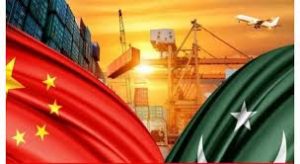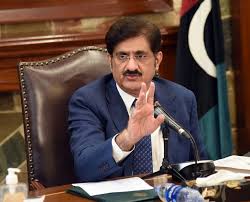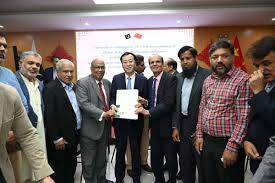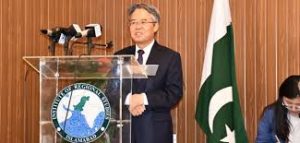Italy can do without Russian gas, says energy minister
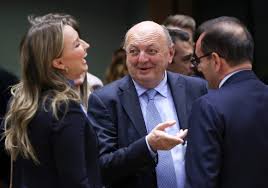
Rome: Italy has emancipated itself from Russian natural gas and would have no problem with a proposed package of EU sanctions on liquified natural gas (LNG) that the European Commission is considering, Italian Energy Minister Gilberto Pichetto Fratin said.
“Italy is right now in a condition to even do without Russian gas altogether,” Pichetto Fratin told POLITICO as he prepared to host climate talks by G7 ministers in Turin starting this weekend.
Italy was one of the countries most dependent on Russian gas at the time of Moscow’s all-out invasion of Ukraine in 2022. But it has been remarkably nimble at diversifying supply, with a pipeline from Algeria and an increased ability to import LNG. Shipments from Russia made up less than 5 percent of Italy’s overall gas imports last year, down from 43 percent in 2020, according to official figures.
“We have diversified; we have various sources and we have the regasification terminals, so we have sufficient supply to be relaxed,” Pichetto Fratin said.
So Italy “has no reason to oppose a process of new sanctions” on Russian LNG, he said.
The EU has imposed 13 packages of measures against Moscow since Russian President Vladimir Putin’s move against Ukraine, but the bloc has so far refrained from targeting Russia’s gas sector.
The G7 climate talks, which begin on Sunday, aim to make a breakthrough in identifying strategic sectors for the reduction of emissions and to earmark technologies that can provide sustainable energy for developing countries in order to meet net-zero goals. The key issues will be pollution, loss of biodiversity and climate change, Pichetto Fratin said, with a focus on collaboration with African countries. The Turin talks will be joined by delegates from Algeria, Kenya and the African Union.
With Italy leading the talks, the focus on Africa is not by chance. Italian Prime Minister Giorgia Meloni’s government has launched an investment plan for Africa aimed at making Italy an energy transit hub between Africa and Europe. The plan also seeks to boost local economies to fight poverty, climate change and other root causes of immigration from Africa to Europe.
Major investments are needed to implement the transition to net-zero commitments in developing countries, which were agreed on at the COP28 climate talks. German Foreign Minister Annalena Baerbock said on Friday that trillions of dollars need to be mobilized in international finance for developing countries.


